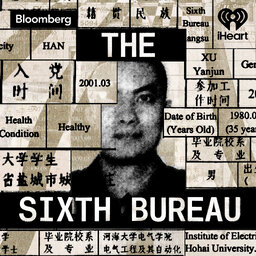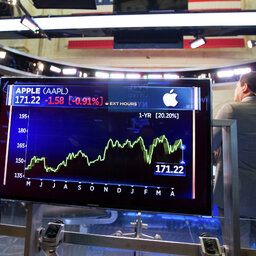Tariffs Could Hit Canada Soon. Its Ex-Finance Minister Wants to Hit Back
Chrystia Freeland sent shockwaves through Canada when she resigned as Prime Minister Justin Trudeau’s Finance Minister in December. Her public resignation letter blasted Trudeau for not doing enough to prepare for the second Trump administration. Now, she’s running to replace him.
Freeland sat down with Big Take host David Gura in Toronto on Tuesday to discuss her views on US-Canada trade, and how she says she would negotiate with Trump if she becomes Canada’s next leader.
In 1 playlist(s)
Big Take
The Big Take from Bloomberg News brings you inside what’s shaping the world's economies with the sma…Social links
Follow podcast
Recent clips

The Sixth Bureau Episode 4: The Duck Analogy
33:40

How the ‘Power Game’ Is Reshaping Venezuela
18:05

Is Apple Winning the ‘AI Scare Trade’?
16:58
 Big Take
Big Take